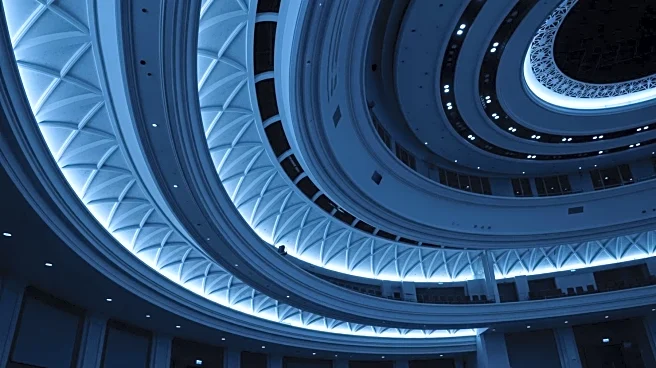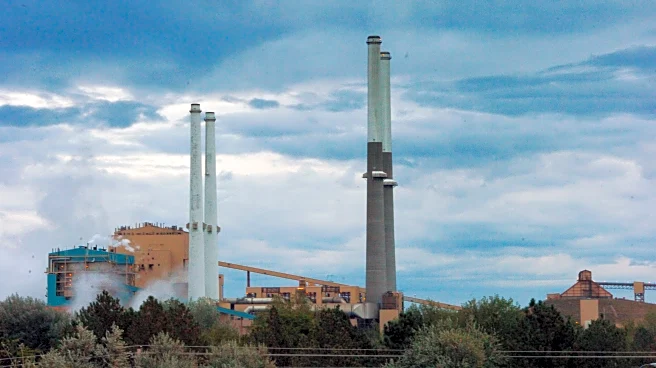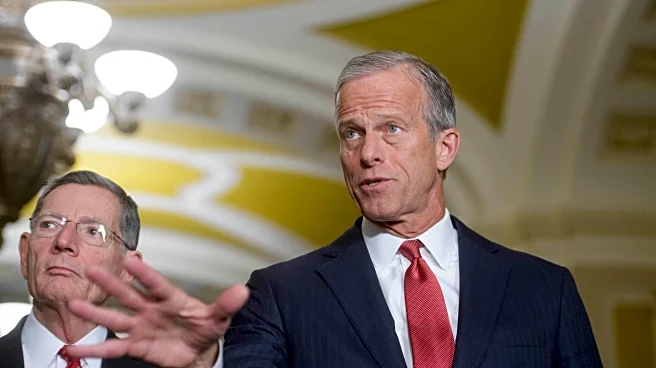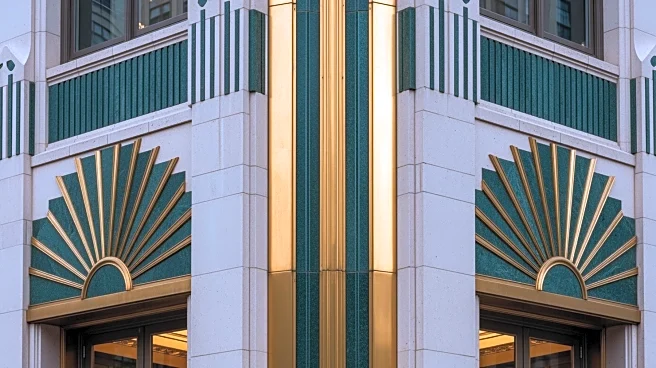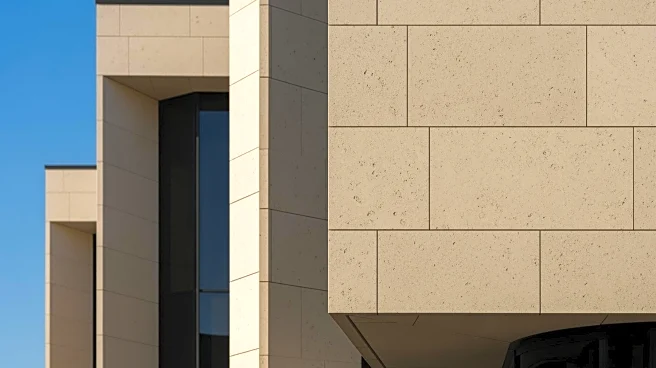By Lucila Sigal
SAN JUAN, Argentina (Reuters) -BHP and Lundin plan to soon apply for a new Argentine investment incentives scheme for their Vicuna copper project, but other miners fear they may get left
out before the program's cut-off date a year from now, executives said at a mining conference this week.
Argentina's Large Investment Incentive Regime, or RIGI, which went into effect in October under President Javier Milei, offers lengthy tax breaks and access to international dispute courts for investments exceeding $200 million. It will be in place through July 2026 with a possible one-year extension.
Mining companies celebrated the measure as much-needed assurance to move ahead with copper projects in a volatile economy with restrictive capital controls, giving the sector its first big boost in decades.
Jose Morea, who leads BHP and Lundin's Vicuna project, said the two companies plan to announce the project's expected investment early next year.
Speaking on Tuesday at the Argentina Copper 2025 conference in San Juan province, where most of Argentina's copper projects are concentrated, Morea said Vicuna would file an application in the "short term" for some of the investment to receive benefits under RIGI.
But other copper projects are in the early exploration stages, such as Aldebaran Resources' Altar, and are not ready to start heavy spending that could qualify for RIGI. Altar aims to present a preliminary economic assessment in September, said Javier Roberto, the head of Altar in Argentina.
"How do we manage projects that are a bit behind and face a closing RIGI window — even assuming the national executive grants an extension and we reach June 2027?" Roberto said.
Only two mining projects have received RIGI benefits so far, both in lithium. Only one copper project, McEwen Mining's Los Azules, has applied for the program.
Executives pointed to the uncertainty around Argentina's glacier preservation law as another potential investment obstacle because they said much of the legislation is open to interpretation.
"We need a decree that tells us exactly what's allowed, what's not, and what must be preserved," Roberto said.
(Reporting by Lucila Sigal; Writing by Daina Beth Solomon; Editing by Leslie Adler)




